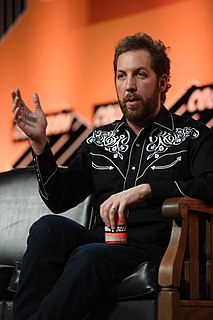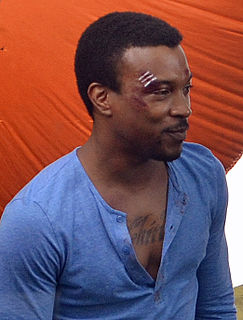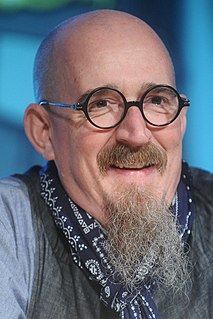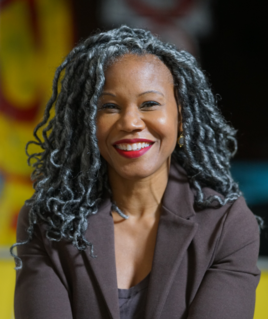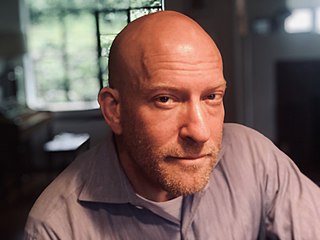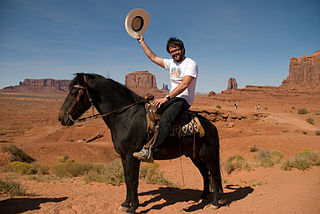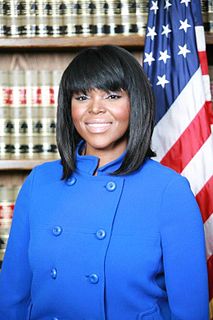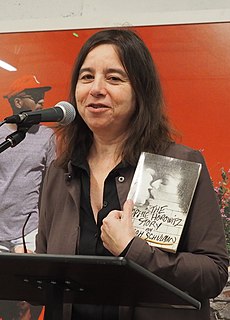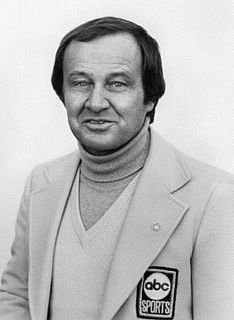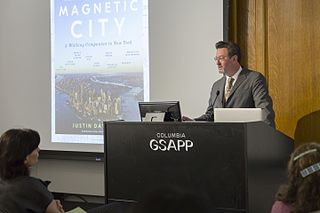Top 42 Gentrification Quotes & Sayings
Explore popular Gentrification quotes.
Last updated on November 14, 2024.
I am used to experiencing so much trauma, that when I see it, I have to speak out. I don't think rappers have a responsibility, but if you don't say something or be silent or avoid it, I believe it shows your true real character to the world. It's like, if no one wants to rap about gentrification then I am going to fill that void!
You know, I personally think that gentrification happens long before you start seeing white people in formerly people-of-color neighborhoods. It starts happening when we start telling the young, hard-working, quote-unquote "smart" kids that they need to measure success by how far they get away from our communities.
Housing is where it all begins. Where you live determines everything from where you shop for food, to how safe your neighborhood is, to your kids' school, to whether you're exposed to toxic chemicals on a daily basis. And as a New Yorker, I found it impossible not to notice and be bothered by the huge number of homeless people in the city, as well as by the segregation and gentrification that's all around you.
When we were doing shows in the mid-'90s, the audiences were 95% black. What's happened now is the gentrification of hip-hop. A lot of cities passed ordinances that made it hard for black audiences to gather in large groups. Clubs are more open to hip-hop now 'cause it's the same crowd that goes to rock shows.
I personally think that gentrification happens long before you start seeing white people in formerly people-of-color neighborhoods. It starts happening when we start telling the young, hard-working, quote-unquote 'smart' kids that they need to measure success by how far they get away from our communities.
When the back-to-the-cities trend started taking root, albeit very unevenly, cities were so glad to finally land deals that they routinely overpaid, not having a solid grasp of the demographic and market forces they should have been channeling instead of subsidizing. It’s especially true for retail and entertainment projects, which generate very poor-quality jobs. I have yet to find a city that has figured out how to ‘take the foot off the pedal’ and stop over-subsidizing, even when gentrification becomes a problem.
One of the biggest things going on in London, Amsterdam, San Francisco, and New York right now is gentrification. Every major city is dealing with gentrification, and it's always the sex workers they come for first. Cities feel they have to clean up their image and make themselves more attractive for tourism, more attractive to businesses. The Gezi Park struggle in Turkey a few years ago, for example, was a popular movement defending public space and land. What I found when I was digging into the goings on there was that the park was a place where transgender sex workers felt safe.
People tend to think of gentrification in terms of race because it's presented that way, and I think it's presented that way because in poor cities that's what's really going on. Beyond that, I think it's presented that way as a way for the people who are really pushing it to make it just a black problem, so people don't care.
In the racialized space of capitalist gentrification, police are not only arbiters of the peace, they are the muscle of retail racism: You can only be in this space if you transcend your blackness by showing us some green dollars. Even then, there is no guarantee that green will transcend your black skin.
It's more about subtracting every single buck from the tourists that still flock there. Gentrification and the need for developers to maximize their profits from every square inch of the place means that there just aren't any scruffy little basement clubs left. Those scruffy little basement clubs were the areas lifeblood. Now, it's all penthouse flats and global brands. They destroyed the very thing that drew people there in the first place - it's superficial sleaziness.
As a child growing up in pre-gentrification Boerum Hill, Brooklyn, I went everywhere by bicycle. My bike was in many ways the key to my neighborhood, which, at the time, was Boerum Hill, Brooklyn. This was in the 60s and 70s, before all the white people and restaurants. I really can't underscore boldly enough the fact that I grew up in Boerum Hill, Brooklyn, before it was gentrified. You could get mugged!
ulturally, we are definitely seeing people being to ask hard questions. There's been a major shift over the last year. The NSA revelations played a big part but there are all sorts of other issues too, like inequality and gentrification in the Bay Area, and labor abuses everywhere from Amazon's warehouse, to Apple's factories, to start-ups like Uber and TaskRabbit.
I often notice how students can gain the capacity to use certain critical methodologies through engaging with very different texts - how a graphic novel about gentrification and an anthology about Hurricane Katrina and a journalistic account of war profiteering might all lead to very similar classroom conversations and critical engagement. I'm particularly interested in this when teaching law students who often resist reading interdisciplinary materials or materials they interpret as too theoretical.
We're missing a lot of the real-life stories of what people's work looks like. Those are the people that I want sitting on the zoning board meetings, on the zoning commissions. Those are the people I want participating in business improvement in their own industry. The gentrification processes that often happen in cities so often manifest in street sweeps of sex workers. How do you get sex workers on neighborhood associations, regarded as members of the neighborhood?
